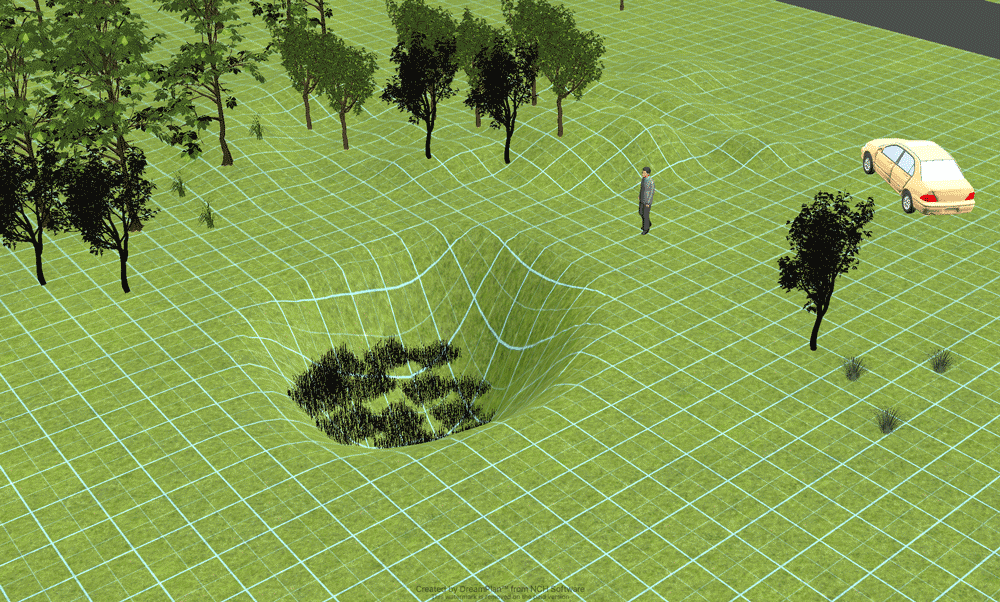Time Capsules and Nervous Systems
Mel Galley
& Cóilín O'Connell
Physical Traces _ Cóilín O'Connell
i.
Time is the defining factor in making a place feel unfamiliar, the greater time spent away from somewhere the less familiar it becomes.
Grasslands (Landscape) _ Mel Galley
You’ve Changed (Video_02:05) _
Cóilín O'Connell
Standing on a threshold, one of a place left behind, pulls us into a pocket of reality that feels significantly emptier than everything surrounding it.
The quietness of this tangible past is unsettling not in itself, but in its prophetic promise to our own lives.
When we look on a landscape, we want to believe that this is how it always was and therefore, by extension, this is how it always will be.
Lichen sprawls across exposed stone, bleeding into yellows and whites, as it always has, we say. The vibrant heads of field speedwells nestle in coarse grass, close to the broad leaves of foxgloves waiting to flower. As always.
And then we notice the lines of coniferous trees are regimented in groves, mirroring the dotted grid of gravestones on the plain below. We see desire lines scoring the hillside, shadows of paths. And gorse intertwining with the tops of dry-stone walls, a tangled structure co-dependent for survival. We hear the drone of cars and the echoing music of a birthday party climbing up the slopes.
Landscapes, no longer wild, are a myriad of marks of human life. Especially here.
We avoid picturing the thresholds of our own homes* vacant, leading onto voids.
[*And for those of us without a permanent home? The empty doorway calls to exactly what we fear; that this will never exist for us. We are only housed. Housed as the term for stored, a temporary state, as an object.]
This is a place which refuses us this placation, which confronts us with the sun-bleached bones of its limestone spines; as am I, you shall be.
We imbue memory into place -and meaning with it- forgetting all the while that they are not static, not tame to our needs, not welcoming containers for the thousand scattered happenings which constitute a life.
In the wake of time we bury behind a litany of charged places, saturated with meaning only evident to our own eyes.
[The scientist and I speak once, across a pixelated and skipping stream. We never meet. Over a crucial half hour, I tell you about the landscapes I imagine, and you tell me about stalagmites. I see your eyes light up as you fall ever further into your research. You tell me of stalagmites as keys, as records, as monolithic structures holding an encoded score of all that has been before. The cores extracted, time capsules and nervous systems, and there, in layers, is deposited the very composition of the atmosphere in every age.]
If we could extract (then decode) the core of places in this way, what would emerge etched in their centre? And how many different iterations of one site would be compounded in their structure, each version particular to a person?
The version we find is defined by our selves and our past and our choices; what we see, focus on, care for, who we are with and who it reminds us of, where we have been, where we wish to go.
And these intricate webs of place are likely to fray, to collapse. What happens in the moment when a place becomes unfamiliar? When an intangible element previously held there is cut loose? Some shift that is both impossible to isolate yet its absence is evident immediately. We recognise this changed place as distinct from the version we previously knew.
It is an uncanny experience that reminds us of the uncertainty of these holders for our memories. Standing on a threshold of a place so evidently changed gives us no room to turn from that realisation – whilst there it demands our acknowledgement.
Here is a quietness that has nothing to do with sound, only absence. An emptiness remaining unresolved through occupation. A threshold that we stand upon and register, momentarily, an unfamiliar place. It must have shed the memories it held with each arriving spring.
The sites our lives are welded to will not be monuments, preserved. They will change in the years and decades, as we will.
And temporality is not a comforting companion to existence.
Epitaphs (Writing) _ Mel Galley
ii.
The further you travel from somewhere the more unknown that place will be whenever you return. By virtue of having gone a distance; seeing, hearing and smelling new places, when you return to a familiar location it will appear strange. Time is not the defining factor as this phenomena (of a distance traveled) could take place over the space of a day or over twenty years.
Physical Traces _ Cóilín O'Connell
Muscle memory takes you most of the way. Small segments of the city act as signal points. You cross by the café with the blue-painted shutters, turn at the corner shadowed by the overhanging balconies, where music and cigarette smokes float down through the railings. At the tram stop you pass the line of silver birches which border each platform. The soil between their ghostly trunks is cracked and dusty, scattered with a blanket of wrappers and packets, leaves of foil and plastic. Once every forest has been felled this will be what’s left, you think; in some far future the woodlands of the worlds end will be replicas of this, weak and monotonous, smothered by detritus. You turn again at the corner, just before the road begins its steady rise to the sloped back of the bridge across the green canal waters. This cut through offers the final silent stretch, to be savoured, before you join the packed pavements leading into the centre of the city.
So far you have drifted through the motions of walking. Each signal point was registered in a passive list, indistinguishable from the hundreds of times you have passed them before. Without needing to look, to map, your mind wandered freely elsewhere. You pull up short now. A blockade spans the street in front of you. Boards, twice your height, create a fortress of the space beyond. Emblazoned across their surface are garish images of the street, teasing you, looney-tunes style. Except no – on closer look it’s all off, the uncanny valley of what you once knew. There is the straight line of the road leading to the river, the indent of parking spaces on the right. And on the right too is the façade of the old bank that has stood empty for as long as you remember. But it’s been gutted out; a glistening glass block rises behind its vacant front. And the same on the opposite side you see now; gone is the short run of terraces, and in their place protrudes the wide doors of a hotel, complete with a smiling couple walking across the threshold, suitcases and blurred child in tow.
You will never see that street again, at least not as you knew it, you realise. The city around you shifts, out of reach again, unrecognisable. You turn away and retrace your path back to the bridge and cross there instead. Behind you the glossy future glistens, promising a place carved away and remoulded, lined with a pale avenue of silver birch trees.
A place out of reach _ Mel Galley
iii.
The main influence in making a place feel unfamiliar is physical changes in the aforementioned place. Whether it’s an urban or an rural setting, the erection of houses, building of roads, felling of trees and explosions of weeds are obvious examples. However, even a hoover of a carpet in the right apartment can make someone feel a stranger in their own home.
Epitaphs (Landscape) _ Mel Galley
New Monuments (Video_06:58)_ Cóilín O'Connell
From where the gravel track lurched on a camber towards the bank a grassland plane stretched into the estuary. A steep and unsteady few steps down the bank carried us onto it. The path between here and the coast was dictated by a myriad of intertwined channels, variated in size from narrow streams to broad rivulets. It was a topography that demanded both appreciation and playfulness as we jumped, stumbled, and navigated our way across. I would watch my dad prepare for a run up with mock-athletic precision before sailing over some of the widest channels. I returned a decade later. The grassland had eroded to the shore, nothing remained.
Grasslands (Writing) _ Mel Galley
iv.
The unreliability of memory is the reason places become unfamiliar - we believe we have a place mapped and therefore fixed, stationary, contained. This ignores firstly the shifts that occur over time, by human hand or natural change. But secondly, crucially, the bias our minds hold when we inhabit these places in the first place. What we notice, what we remember, being defined by everything we have cared about and observed before. How can a place ever hope to fit these intricate yet unreal narratives we impose upon it?
Mel Galley & Cóilín O'Connell








